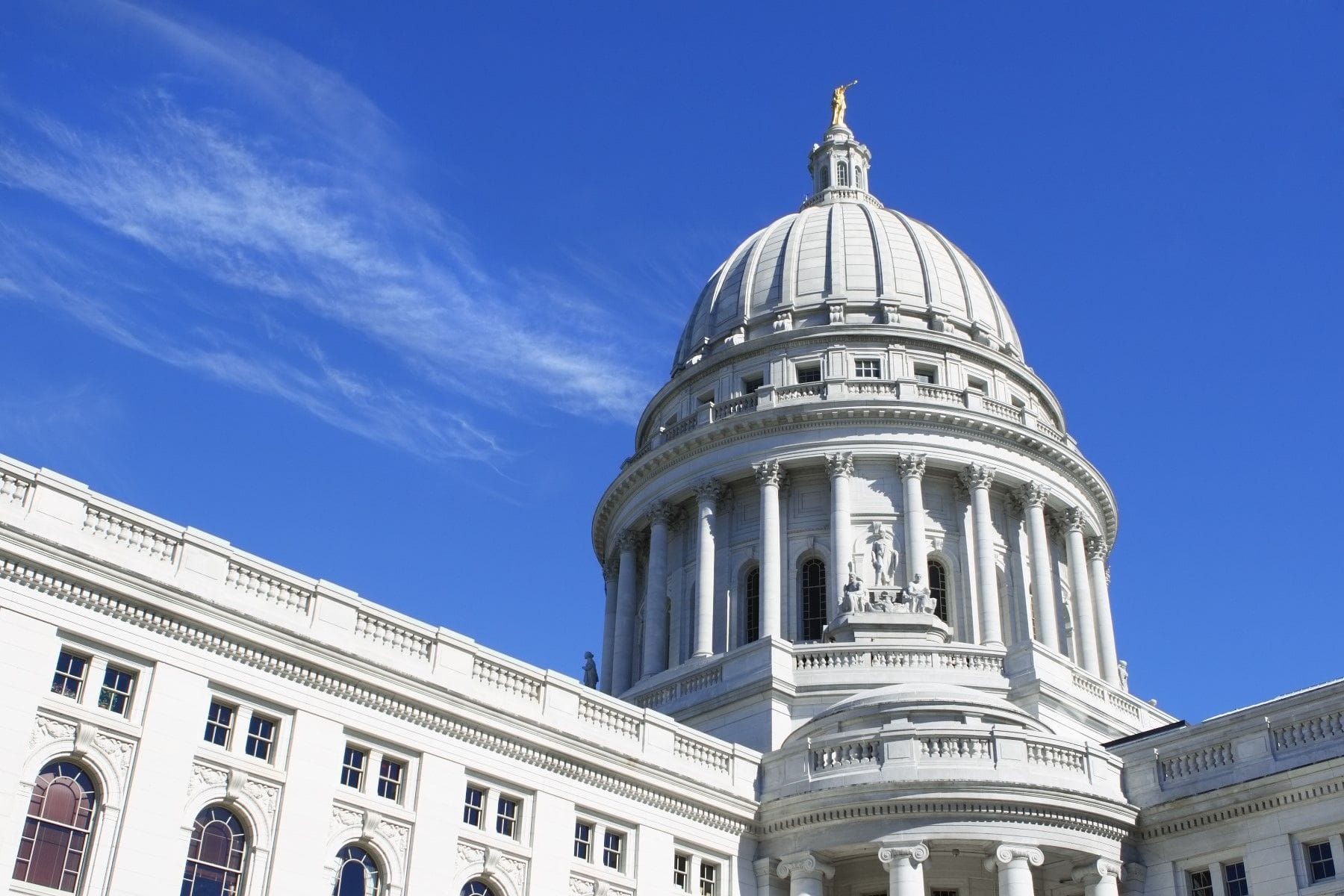Expert Witness Compensation Rules in Wisconsin
Wisconsin's expert witness compensation rules ensure fairness and transparency, guided by statutes and ethical guidelines, focusing on reasonable fees and disclosure.
Updated on
In this article
What Are the Rules Governing Expert Witness Compensation in Wisconsin?
In Wisconsin, the framework governing expert witness compensation is primarily derived from statutory provisions, court rules, and ethical guidelines. These rules ensure that expert witnesses receive fair compensation for their services while maintaining transparency and ethical integrity in legal proceedings. The compensation structure is designed to reflect the expertise of the witness, the complexity of the case, and the time invested in preparation and testimony.
Wisconsin Statute § 907.06: Guidelines for Expert Witness Payment
Wisconsin Statute § 907.06 outlines the general principles for the payment of expert witnesses. This statute allows courts to appoint expert witnesses and determine their compensation, which is paid by the parties as directed by the court. The statute emphasizes the importance of equitable compensation commensurate with the expert's qualifications and the complexity of their testimony. Key points include:
- Court Authority: The court has the discretion to appoint expert witnesses and allocate the payment responsibility among the parties.
- Reasonableness of Fees: Fees must be reasonable, reflecting the expert's experience and the demands of the case.
- Payment Procedures: Payments are typically structured to ensure that experts are compensated for both their preparatory work and their time in court.
Ethics Opinions and Bar Guidelines on Expert Witness Compensation in Wisconsin
The Wisconsin Bar Association provides ethical guidelines to ensure that the compensation of expert witnesses does not influence their testimony. These guidelines stress the importance of maintaining objectivity and impartiality. Ethical opinions from the Bar include:
- Prohibition of Contingency Fees: Experts should not be compensated on a contingency basis, as this could compromise their objectivity.
- Disclosure of Financial Interests: Any financial interests or relationships between the expert and the hiring party must be disclosed to avoid conflicts of interest.
- Fair Compensation: The compensation should reflect the expert’s expertise and the time required to prepare and present their testimony.
Disclosure Requirements for Expert Witness Fees in Wisconsin Courts
Wisconsin courts require transparent disclosure of expert witness fees to ensure fairness in judicial proceedings. Disclosure requirements mandate that parties provide detailed information about the expert's fees and any agreements related to their compensation. This includes:
- Pre-Trial Disclosures: Parties must disclose expert fee arrangements during the discovery phase to allow for examination by opposing counsel.
- Detailed Fee Statements: Experts or the hiring party should provide itemized statements detailing the basis of the fees, including hourly rates and anticipated expenses.
- Court Oversight: The court may review fee arrangements to ensure compliance with statutory and ethical guidelines.
Practical Tips for Structuring Expert Witness Fee Agreements in Wisconsin
When structuring fee agreements for expert witnesses in Wisconsin, it's crucial to ensure that the arrangement is fair, transparent, and compliant with both statutory and ethical guidelines. Here are some practical tips to consider:
- Establish Clear Terms: Define the scope of services, including preparation time, court appearances, and any additional consultations, to avoid misunderstandings regarding expectations and compensation.
- Set Hourly Rates: Determine an hourly rate that reflects the expert's qualifications and experience, ensuring it aligns with industry standards and the complexity of the case.
- Outline Payment Schedule: Specify when payments will be made, whether upfront, upon completion of services, or at specific milestones, to facilitate cash flow and financial planning.
- Include Reimbursement for Expenses: Clearly specify which expenses (e.g., travel, materials, administrative costs) will be reimbursed and the process for submitting expense claims.
- Incorporate a Cancellation Policy: Establish a policy for cancellations or rescheduling of services, including any fees that may apply to protect both parties' interests.
- Ensure Compliance with Disclosures: Include a clause that confirms compliance with Wisconsin's disclosure requirements for expert witness fees, ensuring all financial arrangements are transparent.
- Review and Revise Regularly: Periodically review the fee agreement to accommodate changes in the case, expert's duties, or industry standards, ensuring it remains fair and relevant.


